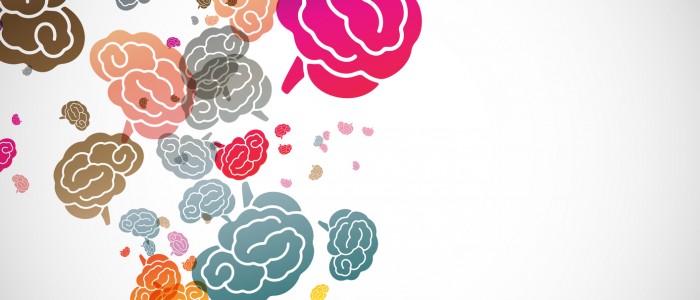Symptoms of Bipolar Disorder
“I am a guy in my late twenties. I was diagnosed bipolar a few years ago. My medication helps me to lead a pretty normal life. However, sometimes I make bad decisions and sometimes I think that I can do things, like fly, that I can’t really do. Is all of this part of bipolar? What can I do to think better?”
Bipolar Disorder is a condition that affects more than two million Americans. People with this illness tend to experience extreme mood swings, from mania to depression, along with other specific behaviors and symptoms. It is common for people with bipolar disorder to act impulsively during a manic episode, making decisions that are risky and unwise and later regretted, like spending sprees or sexual promiscuity. In over half of all manic episodes, people are troubled by delusions or hallucinations.
Your diagnosis of bipolar disorder appears to be correct. Your symptoms fall into the category of a manic episode, characterized by bad decisions and delusional thinking, such as thinking you can fly. Although there is no cure for bipolar disorder, medication can play a key role in helping you better manage your symptoms. Proper medication can help make your behavior more even and predictable and get these patterns better under control.
To think better, first talk to your health care provider about adjustments in your medication. Even slight changes might alleviate your symptoms. Support from your family and friends can also contribute to your becoming and staying more stable. In addition to proper diagnosis, medication and support, it is extremely important to maintain an active lifestyle with proper exercise and an adequate amount of sleep. Not getting enough sleep has been proven to be one of the most reliable predictors of a manic episode.
I would also recommend Cognitive Behavioral Therapy (CBT). The objectives of CBT are to identify irrational or maladaptive thoughts and beliefs that are related to disabling negative emotions and to identify how they are inaccurate or not helpful. This is done to reject the distorted cognitions and to replace them with more realistic and self-helping alternatives. The particular techniques vary according to the particular issue, but in all cases, you gradually face activities which may have been avoided and you try out new ways of behaving and reacting. Relaxation and distraction techniques are commonly included. It is important to note that CBT is widely accepted as an empirically based orientation and has been proven to be effective.
I have outlined a course of treatment that includes proper diagnosis and medication, support from family and friends, an action-oriented psycho-therapy, such as CBT, and an active lifestyle with regular exercise and an appropriate amount of sleep. There is one more important activity to consider. Contact your nearest Depression and Bipolar Support Alliance chapter to find out when and where they meet. Regular attendance at DBSA support groups and educational meetings will definitely help. You will be able to share your fears and hopes with others who truly understand what you are going through. You will be accepted and reminded that you are not alone.
Dr. Manuel S. Silverman, PhD


Comments are closed.